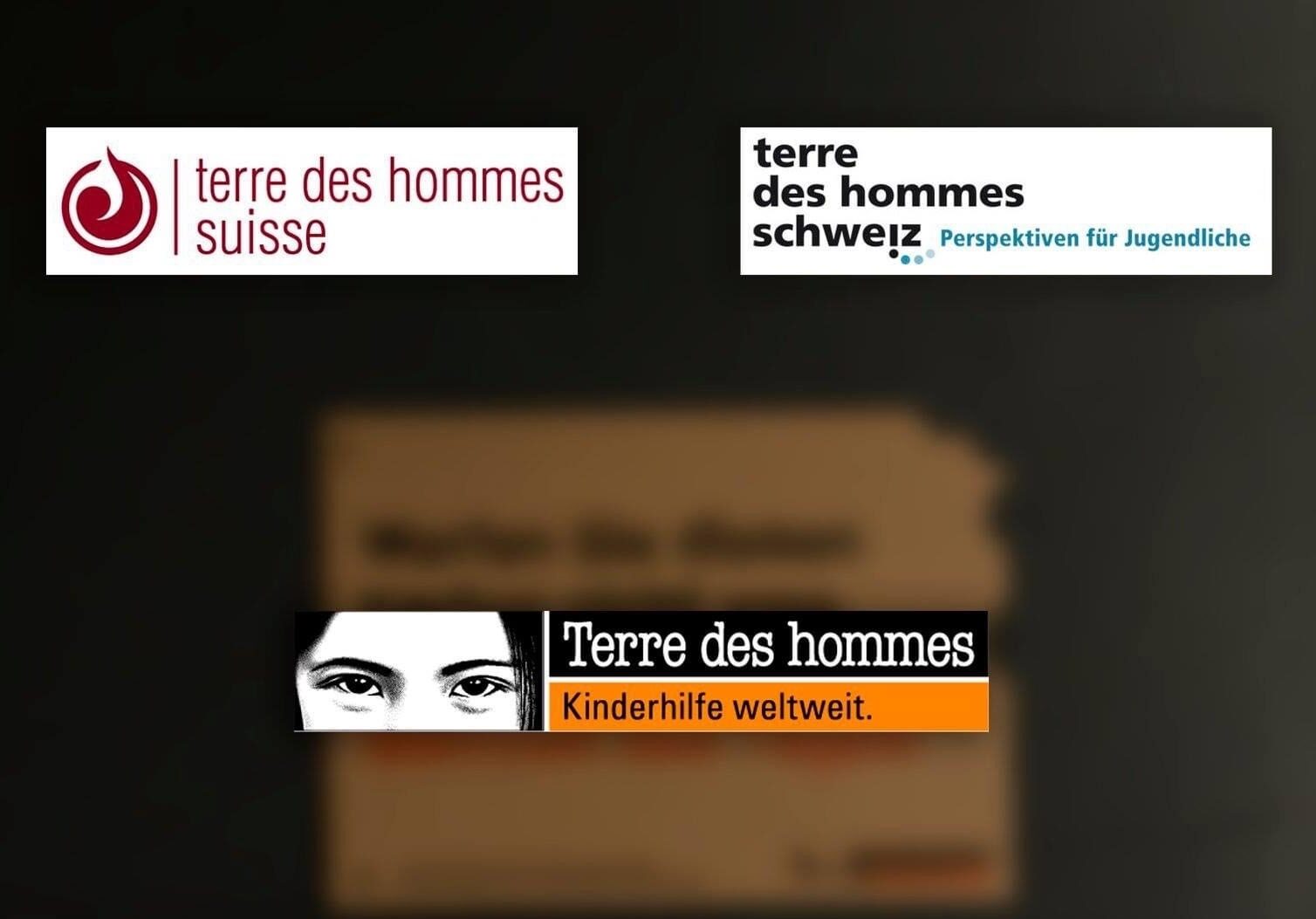It is time for Switzerland to do its bit to combat the global climate crisis. The worst effects of global warming affect the poorest people in the Global South, who are the least likely to fuel climate change. The Climate Protection Act is a first step towards more climate justice, the eight directors of Alliance Sud and its member organizations emphasize in unison.
Cyclone “Freddy” broke several world records in March this year. The tropical storm, which claimed over 1,000 lives in Malawi, Mozambique and Madagascar and left a trail of destruction in its wake, was the longest tropical storm ever recorded, lasting more than a month. And it accumulated more energy than any other cyclone before it.
Cyclone “Freddy” confirmed: Climate disasters in the Global South are leading to ever greater damage and losses. “Vulnerability to the negative effects of the climate crisis is significantly higher in low-income countries, for example when there is a lack of money to adapt to climate change,” explains Andreas Missbach, Managing Director of Alliance Sud, the competence center for international cooperation and development policy. “The latest World Climate Report shows that 15 times more people die in a vulnerable region in the event of an extreme weather event than in a comparable event in a well-adapted region such as Switzerland.”
Switzerland has a responsibility to make an appropriate contribution to curbing global warming. The comparison of consumption-related annual greenhouse gas emissions per capita between Switzerland (14 tCO2) and the most affected countries such as Malawi (0.1 tCO2), Mozambique (0.3 tCO2) or Madagascar (0.1 tCO2) clearly shows the discrepancy.
Protecting Switzerland and the Global South
The Climate Protection Act anchors the targets for reducing Swiss emissions to net zero by 2050. “This is the minimum that Switzerland must achieve”, emphasizes Bernard DuPasquier, Vice Director of Heks: “A truly fair contribution to climate protection would mean that Switzerland would move even faster”. Franziska Lauper, Managing Director of terre des hommes schweiz, adds: “We must act now so that future generations – both here and in the Global South – do not have to suffer even more from the consequences.”
The halving of emissions by 2030 provided for in the law is central to this. This is because the Intergovernmental Panel on Climate Change has issued an urgent warning that stronger climate protection measures must take effect before the end of this decade in order to prevent the 1.5 degree limit from being exceeded. “The global warming threshold of 1.5 degrees is not arbitrarily chosen, it is scientifically based and anchored in the Paris Climate Agreement,” reminds Melchior Lengsfeld, Managing Director of Helvetas, adding: “The effects of any further increase will be devastating – especially for people in the Global South.”
The Intergovernmental Panel on Climate Change’s report also highlights the existing options for achieving climate neutrality. “Rapid decarbonization is needed, including in Switzerland. This has long been technically feasible. We need to end the use of fossil fuels as soon as possible,” says Bernd Nilles, Managing Director of Fastenaktion. Peter Lack, Director of Caritas Switzerland, adds: “The law provides for climate protection to be designed in a socially responsible way. This is important because it means that it can also be supported by people with low incomes and thus be widely supported.”
For more food and energy security
Climate protection is particularly important for food security. “The World Climate Report shows that agricultural productivity is declining overall as the climate warms. The production of sufficient healthy and varied food will become more difficult with increasing drought and unpredictable weather – on the one hand for us, but above all for smallholder families in poor countries,” emphasizes Markus Allemann, Managing Director of SWISSAID. “But nutrition is also part of the solution if we are to eat in a more climate-friendly, ecological way.”
A Yes to the Climate Protection Act is not only important for the security of supply and the preservation of our own livelihoods, it is also an opportunity to signal to the global community that the Swiss population is taking the climate crisis seriously. “With the current multiple crises and the increasingly severe climate disasters in the Global South, it is important that we also send a signal of solidarity by voting yes to climate protection,” summarizes Felix Gnehm, Managing Director of Solidar Suisse. “We want a just transition to a climate-friendly world – and climate protection in Switzerland is part of this.”
For further information:
Andreas Missbach, Managing Director Alliance Sud, Tel. 031 390 93 30, andreas.missbach@alliancesud.ch
Delia Berner, climate expert Alliance Sud, Tel. 077 432 57 46, delia.berner@alliancesud.ch
Marco Fähndrich, Communications Manager Alliance Sud, Tel. 079 374 59 73, marco.faehndrich@alliancesud.ch



